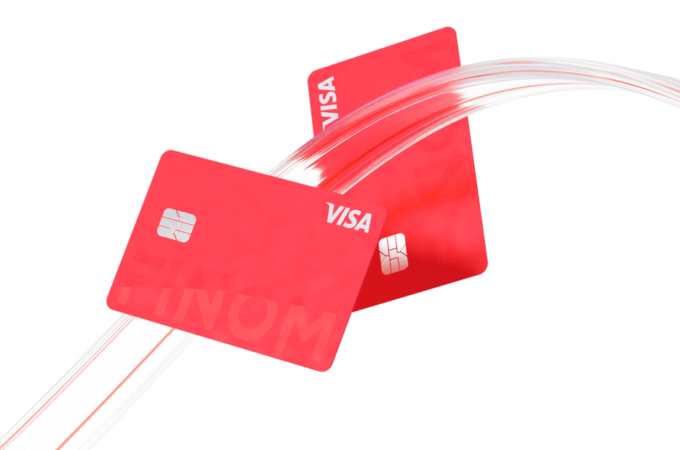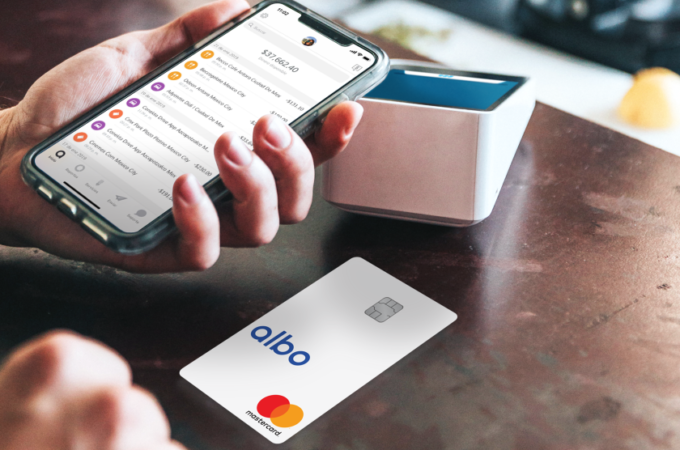
How to Finance Your Business: Trade Finance Options
Starting a business is hard enough – but finding the right way to finance it can be even harder. Traditional bank loans are one option, but they often come with high interest rates and rigid repayment schedules. If you’re looking for a more flexible way to finance your business, trade finance might be the answer. Different trade finance options can provide your business with the capital it needs to get started while giving you the freedom to repay the loan over time. And choosing a reputable trade finance firm can help you find the right trade financing solution for your business. In order to learn more about all this keep on reading!
What is trade finance and what are the benefits for businesses?
Trade finance is the provision of short-term loans to businesses involved in international trade. The goal of trade financing is to provide the necessary financing for importers and exporters to meet their payment obligations.
The benefits of using trade finance include: increased liquidity, improved cash flow, reduced costs, and access to capital markets, get professional help from the Business finance northamptonshire experts. Trade finance also helps businesses to manage foreign exchange risk and ensures that goods and services are delivered on time.
How do you qualify for trade finance and what are the requirements?
The requirements for trade finance can vary depending on the type of financing that is being applied for but often includes healthy credit history, stable income, and robust financials. Additionally, some lenders may require collateral or a guarantor in order to approve a loan.
Trade finance can be used to fund a variety of transactions, including the import or export of goods, working capital needs, and even project finance. It’s an important tool for businesses that need to secure financing in order to make international transactions.
If you’re looking for trade finance options, it’s best to speak with a Yrityslainaa lender who can help you find the right product for your business.
What are the different types of trade finance options available to businesses?
There are a few different types of trade finance options available to businesses. The most common are letters of credit and factoring.
A letter of credit is an agreement between a buyer and seller in which the buyer agrees to pay the seller for goods or services upon presentation of a bill of lading by the carrier. This guarantees that the seller will be paid even if the buyer does not pay the bill.
Factoring is a process in which a business sells its accounts receivable (invoices) to a third party, called a factor, at a discount. The factor then collects from the buyers on behalf of the business. This allows businesses to get cash quickly for their invoices, which can help them maintain a healthy cash flow. Additionally, for businesses facing significant financial challenges, seeking bankruptcy advice for companies can offer important insights and strategies to manage debt and keep operations running smoothly.
How does a business go about applying for trade finance, and what documentation is required?
When a business applies for trade finance, it typically needs to provide documentation such as invoices, contracts, and shipping records. The business may also need to provide a credit report and proof of its ownership or authorization to conduct the transaction.
Trade finance is used by businesses to facilitate the purchase of goods and services from foreign suppliers. It can help businesses obtain short-term loans, letters of credit, and guarantees that allow them to make purchases even if they don’t have the necessary cash on hand.
The best way to find out if your business is eligible for trade finance and what specific documentation is required is to speak with a financial institution or lender.
How do you choose the right type of trade finance for your business needs and goals?
The first step is to assess your business needs. What are you trying to achieve with trade finance?
Are you looking for financing to import goods? Are you looking for working capital to help fund your export operations? Are you seeking to reduce the cost of foreign exchange transactions?
Once you have a clear idea of what you need, it’s important to research the different types of trade finance available and find the one that best suits your needs. There are a variety of products available, including documentary credit, letter of credit, bank guarantee, purchase order finance, and factoring. So it’s important to understand the features and benefits of each product before making a decision.
What are the benefits of using trade finance products to fund your business?
Trade finance products can help businesses manage their cash flow by providing financing for the purchase of goods that will be sold overseas. This type of financing can help businesses save money on interest payments since the financing is secured against the goods that will be sold. In addition, trade finance products can also help businesses improve their credit ratings since financing is considered a form of debt. This can make it easier for businesses to borrow money in the future to fund other aspects of their business.
What are the risks associated with using trade finance products to fund your business, and how can you mitigate these risks?
There are a few risks associated with using trade finance products to fund your business. The most significant risk is that you may not be paid for the goods or services you provide. This could happen if the buyer goes bankrupt, or if there is a political or economic event that disrupts trade.
To mitigate these risks, it’s important to do your research before entering into a trade agreement. Make sure you know who you are doing business with, and check to see if they have a good credit history. You may also want to consider purchasing insurance to protect yourself against buyer default.
How to find a reputable trade finance firm that will provide you with the best option for your needs?
When looking for a reputable trade finance firm, it’s important to consider your specific needs and find a firm that can meet those needs. Some things you may want to consider include:
– The company’s experience in the industry
– Their credit rating and financial stability
– The range of products and services they offer
– Whether they have a global presence
– The level of customer service they provide
It’s also important to do your own research into any potential firms and read reviews from past clients. Only go with a firm that has a good reputation and is known for providing quality products and services.





